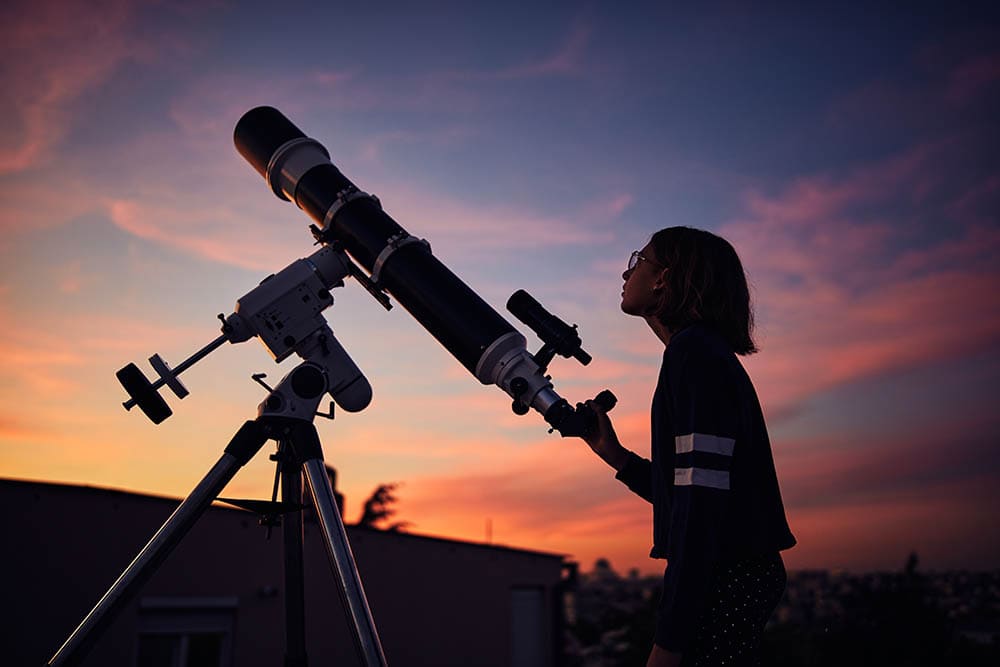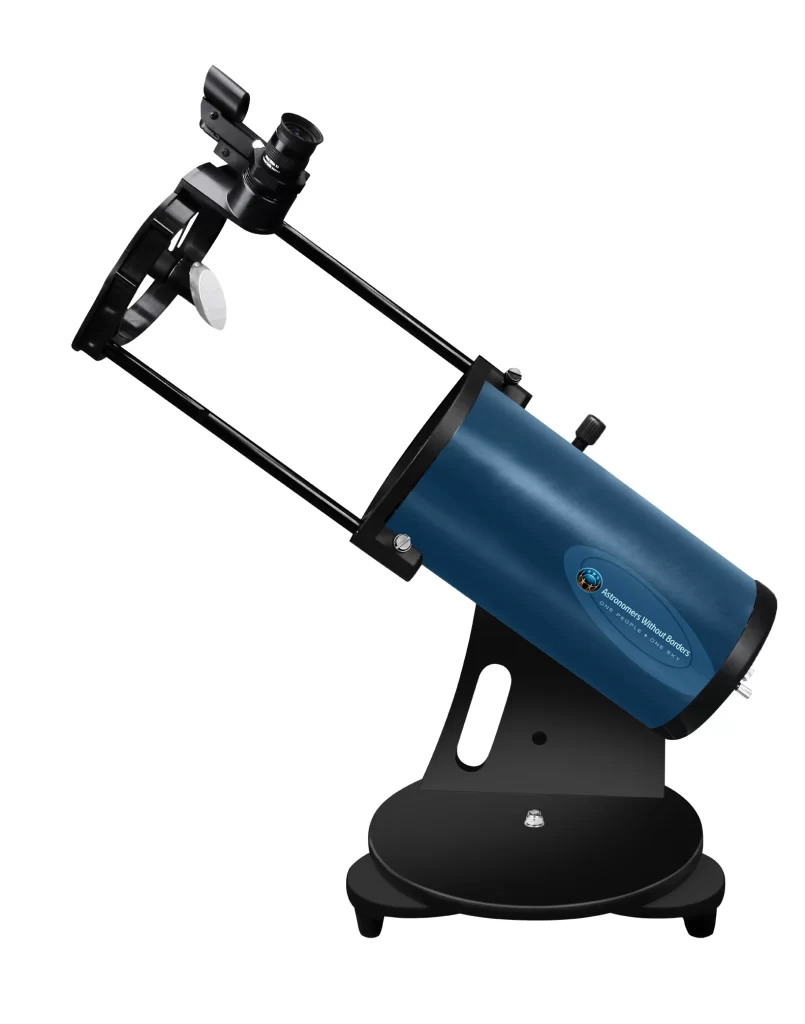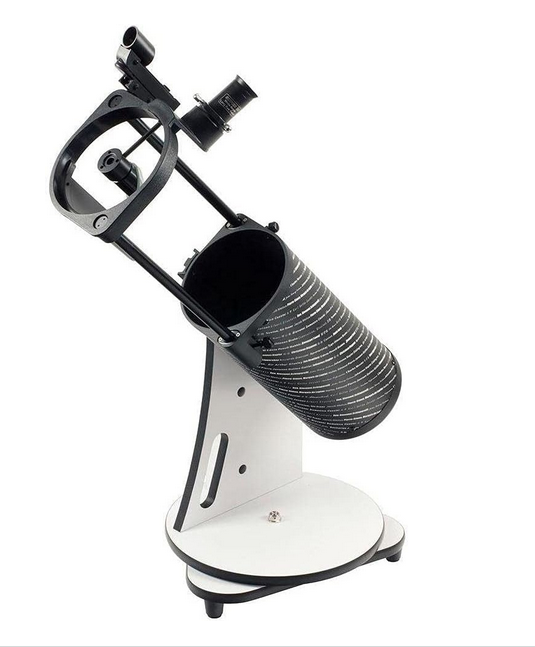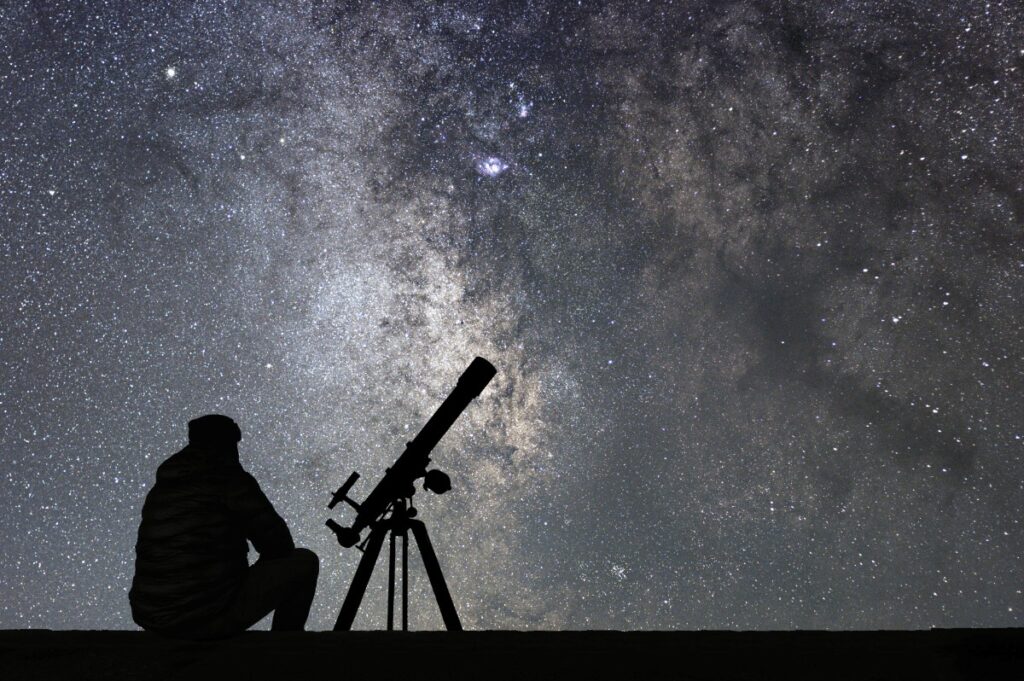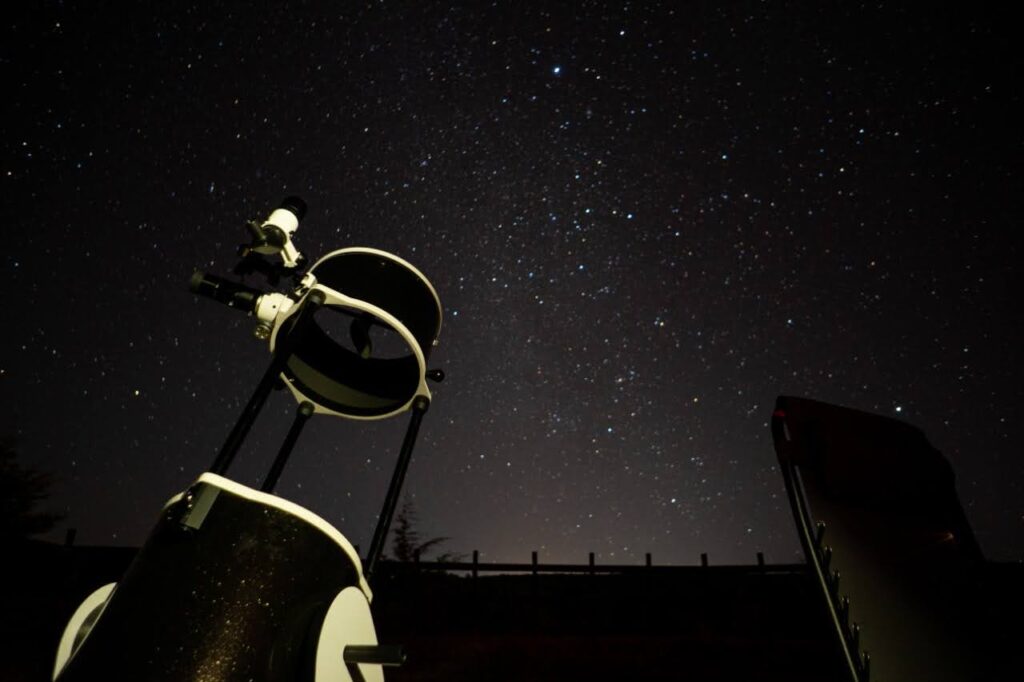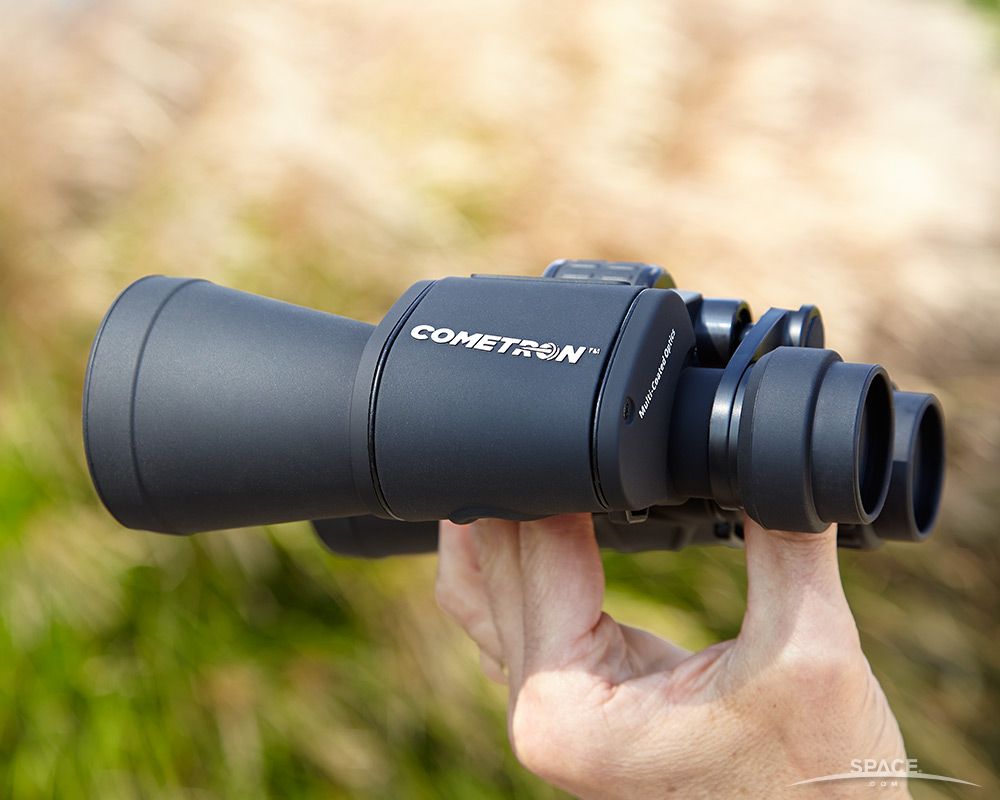You're excited to start your journey in astronomy and buy your first telescope, right?
In this article, we will guide you through 10 simple tips to choose the perfect telescope for you.
Ready to learn more? Keep reading!
1. Budget:
The first thing to consider is your budget. Telescopes vary greatly in price, from a few hundred to several thousand dollars. But don't worry, you can find a decent and durable telescope for around $250 USD, like the One Sky from Astronomy Without Borders (AWB) or the Sky-Wacther Heritage 130P.
If you want something more sophisticated, it can go up to $2,000 USD or more. However, more expensive is not always better. It depends on the person, the use and the targets you want to see.
2. Telescope Type:
There are 3 main types of telescopes: refractors (with lenses), reflectors (with mirrors) and Compound (lenses and mirrors). Each has its own advantages, so choose the one that best suits your needs.
In the following video you can learn more about this:
3. Aperture:
Look for a telescope with an aperture (Diameter) of at least 4 inches (about 100-102 millimeters) to collect enough light to be able to distinguish faint, distant deep space objects, such as galaxies, nebulae, and star clusters.
Keep in mind that to be able to see them in more detail, it is advisable to use a telescope with at least 6 inches (150 mm) of Aperture.

Focal LengthThe focal length (The distance light travels as it enters the telescope and reaches your eye) determines the magnifying power and field of view of the telescope. A longer focal length will allow you to see more distant objects in more detail, such as some planets (Mercury, Venus, Mars, Jupiter, Saturn) as well as stars and details of the Moon's Surface.
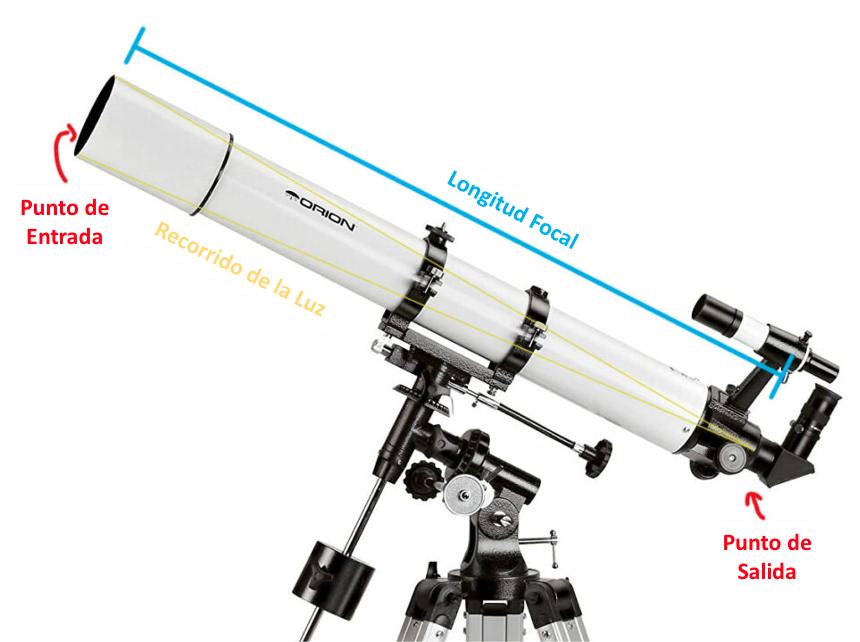
- Mount: Consider an ALT- AZ mount (Altitude-Azimuthal) or Dobsonian for beginners, which allows simple movements from left to right and up and down.
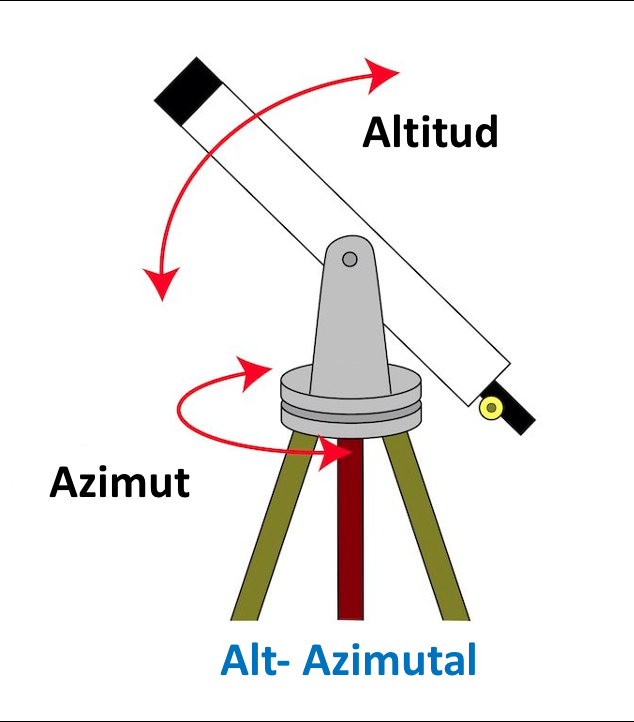
- Portability:: If you plan to move around with your telescope, look for one that is easy to transport and set up, such as the AWB OneSky (in the USA) or the Sky- Watcher Heritage 130p , which is light and compact.
7. Accesories: As you progress, consider adding eyepieces, filters, and other accessories to enhance your observing experience.
- Experience: If you are new to astronomy, it is advisable to start with a manual telescope to familiarize yourself with the night sky. If you already have experience, you can opt for more advanced models, including electronic ones that automatically locate objects (such as CELESTRON NexStar family).
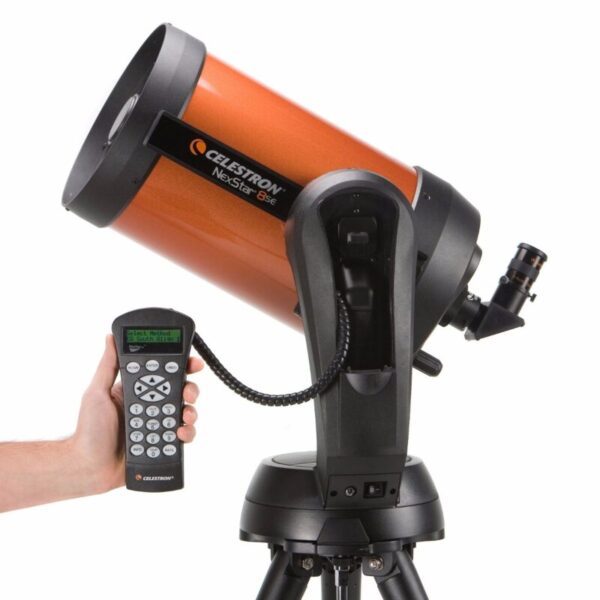
- Targets: Decide what type of targets you want to observe in the sky to choose the right telescope. For example, if you are interested in planets, you will need a telescope with a high focal length. If you want to see “Deep Space Objects” you will need a larger aperture.
Next you are going to watch Jupiter and its 4 main moons (Io, Europe, Ganymede and Callisto) seen through a 4-inch telescope.
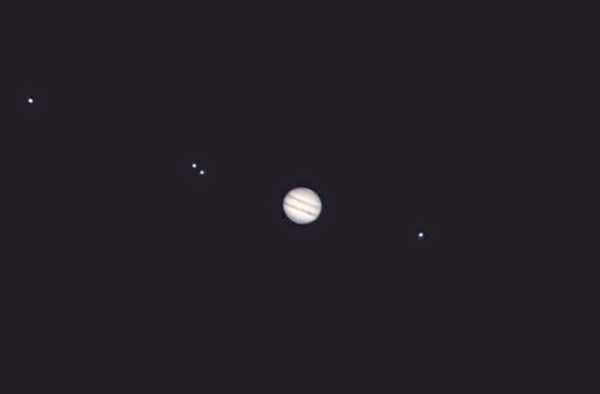
10. Research: Before making a decision, research and compare different models, read reviews, and consult experts to ensure you make the best choice.
On our YouTube channel we already have a lot of information about it that may be useful to you: https://www.youtube.com/@astronomikatv
Besides, we also have 2 extra tips for you:
- Location: Consider the place where you will observe the night sky. In areas with light pollution, such as cities, it will be difficult to see faint objects (such as galaxies and nebulae) even if you have a very good telescope, so it is better to go to places with dark skies. You usually find them in the countryside, the mountains or the beach, but far away from the city.

- Storage: Lastly, think about where you will store your telescope when not in use. Make sure you have enough space and a safe place to keep it protected. One doesn't usually think about this until you already have the problem on top of you...
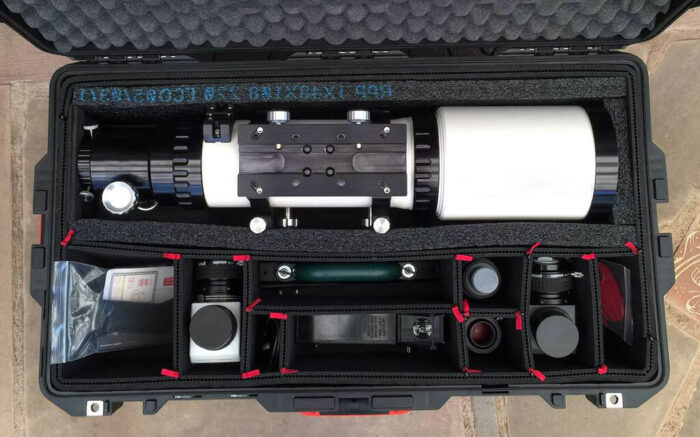
We hope these tips are helpful in your search for the perfect telescope. Remember, in Astronomy as in everything else, you can always GO BEYOND!
We leave you here the video on this topic:

